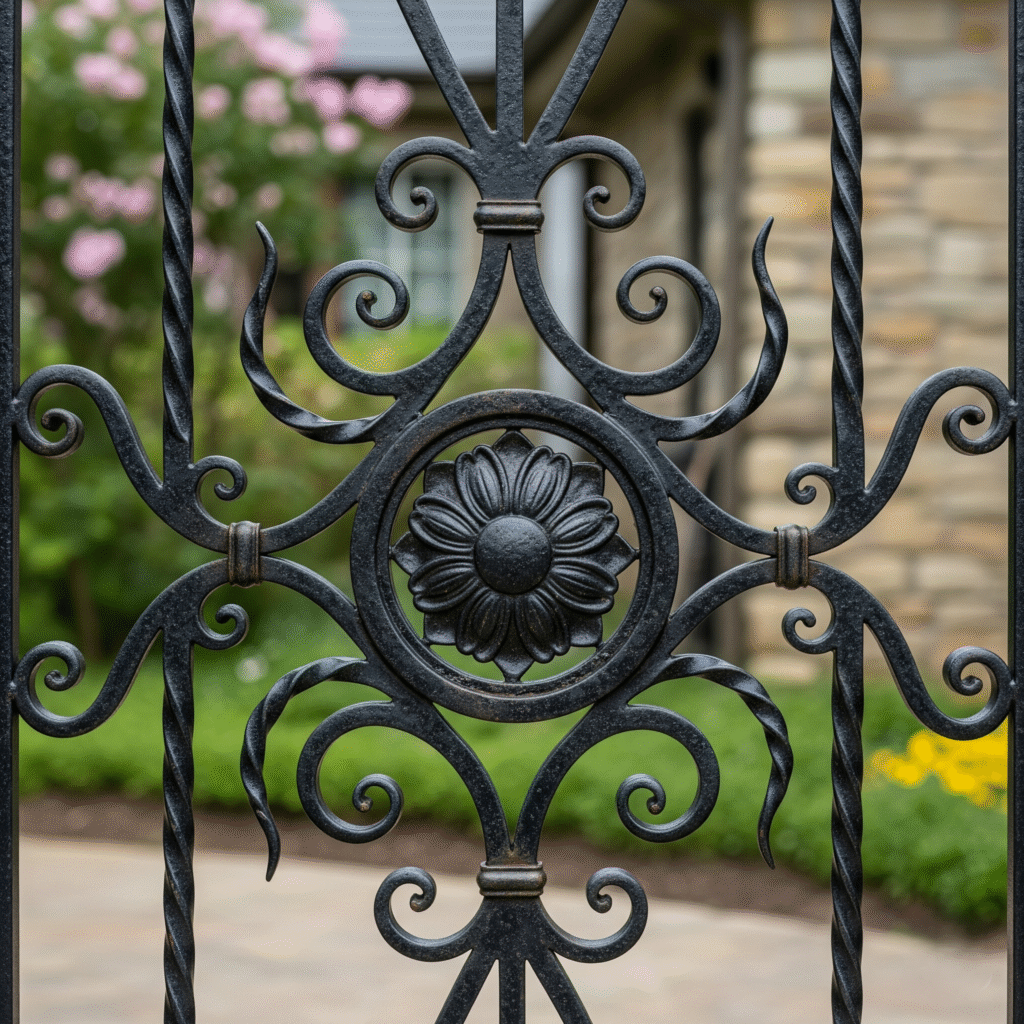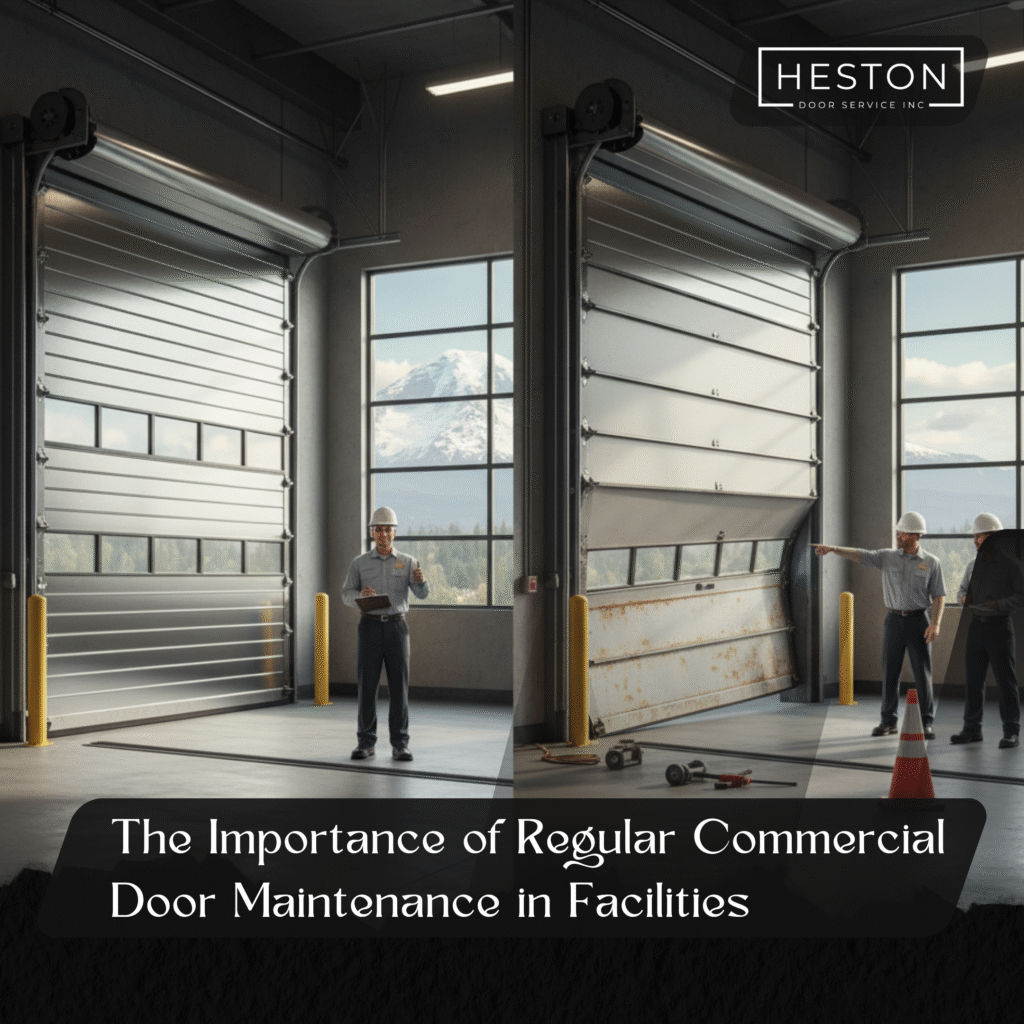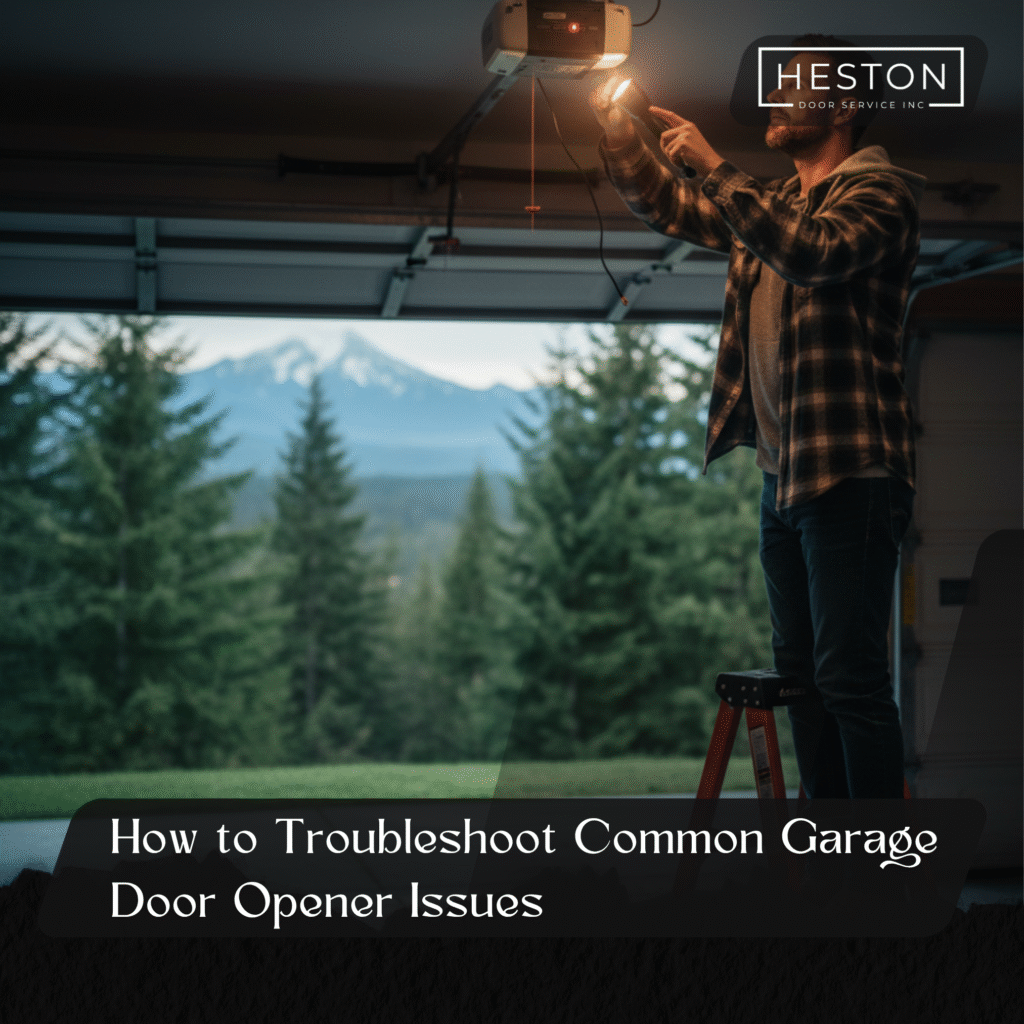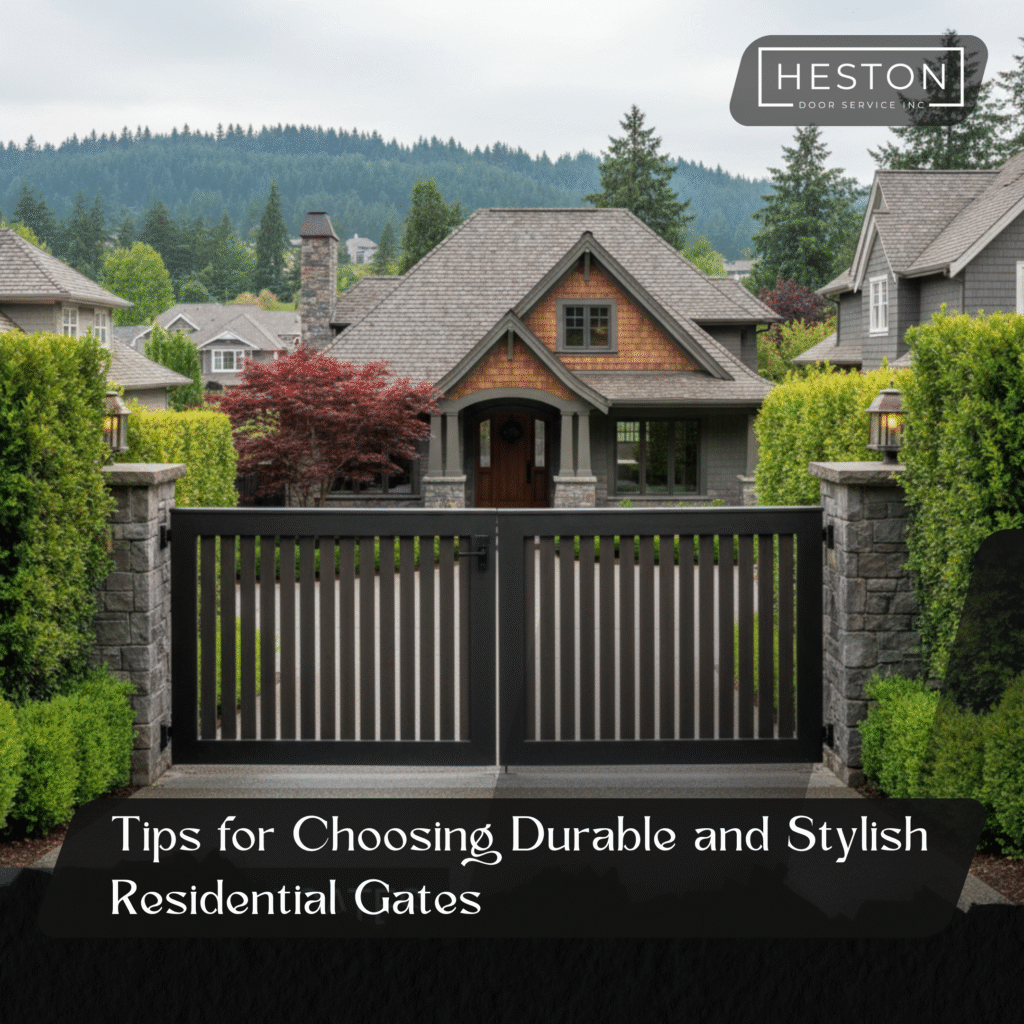Introduction: Why Residential Gate Installation Matters
A residential gate does more than guard your property; it enhances curb appeal, adds value to your home, and ensures safety. Whether you’re upgrading an existing entrance or installing a new one, understanding the available styles, materials, and costs is essential before making a decision.
Types of Residential Gate Styles
Choosing the right gate style is about function and fashion. Below are the most popular types of residential gate designs you’ll come across:
1. Swing Gates
These are classic hinged gates that open inward or outward. Ideal for homes with ample driveway space.
- Best for: Traditional properties
- Pros: Easy installation, budget-friendly
- Cons: Requires space to open
2. Sliding Gates
These gates slide horizontally on a track, making them ideal for homes with limited space.
- Best for: Urban properties, narrow driveways
- Pros: Space-saving, modern look
- Cons: Requires track maintenance
3. Cantilever Gates
A type of sliding gate that doesn’t require a track on the ground. Perfect for snowy or uneven driveways.
- Best for: Harsh climates
- Pros: No ground obstruction, low maintenance
- Cons: Needs counterbalance space
4. Bi-Folding Gates
These gates fold into sections as they open, allowing quick access with minimal space use.
- Best for: Contemporary homes
- Pros: Quick to open, stylish
- Cons: Higher cost
5. Vertical Lift Gates
Usually used in commercial spaces, but also trendy in upscale residential homes.
- Best for: High-security homes
- Pros: Space-efficient, secure
- Cons: Expensive and complex
Gate Material Options
Different materials offer different aesthetics, durability, and maintenance requirements.
1. Wrought Iron
Known for its strength and elegant designs.
- Pros: Extremely durable, customizable
- Cons: Needs regular rust maintenance
2. Wood
A timeless choice, offering a warm and natural appeal.
- Pros: Customizable, attractive
- Cons: Prone to weather damage and termites
3. Steel
Heavier and more secure than iron, often galvanized for weather resistance.
- Pros: Secure, strong
- Cons: Heavy, may rust without treatment
4. Aluminum
Lightweight, rust-resistant, and low maintenance.
- Pros: Affordable, corrosion-resistant
- Cons: Less secure than steel or iron
5. Vinyl and Composite
Low-maintenance options that offer a clean, modern look.
- Pros: Weatherproof, fade-resistant
- Cons: Less durable than metal or wood
Automated vs. Manual Gates
Manual Gates
- Cost-effective and simple.
- Requires physical effort to open/close.
Automatic Gates
- Come with remote controls, keypads, or mobile apps.
- Ideal for convenience and added security.
- Higher upfront costs, but better ROI in the long term.
Cost Breakdown of Residential Gate Installation
The cost of installing a residential gate depends on the size, material, style, and whether it’s manual or automatic.
| Type | Estimated Cost |
|---|---|
| Manual Swing Gate (Wood) | $800 – $2,500 |
| Manual Sliding Gate | $1,200 – $3,500 |
| Automatic Gate Add-On | $1,500 – $4,000 |
| Wrought Iron Gate | $2,000 – $6,000+ |
| Vinyl/Composite Gate | $1,000 – $3,000 |
| Labor Costs | $50 – $150 per hour |
Factors That Influence Installation Cost
- Size of Gate: Larger gates require more material and labor.
- Terrain: Sloped or uneven ground adds complexity.
- Automation Features: Sensors, intercoms, and remote access.
- Material Quality: Higher-grade materials = higher costs.
- Permits: Some areas require permits for driveway gate installation.
Security & Safety Considerations
- Add motion sensors or video intercoms for increased control.
- Use child-safe locking systems for family homes.
- Install battery backups for automatic gates in case of power failure.
Choosing the Right Gate for Your Home
Here’s a quick guide based on property type and goals:
| Goal | Recommended Style | Best Material |
|---|---|---|
| Curb Appeal | Swing or Bi-Fold | Wood or Iron |
| Maximum Security | Sliding or Vertical Lift | Steel or Iron |
| Low Maintenance | Sliding | Aluminum or Vinyl |
| Tech Integration | Any style (Automated) | Aluminum, Steel |
Professional Installation vs. DIY
DIY Installation
- Cheaper but risky for automation or heavy gates.
- Requires tools, measuring, and precise fitting.
Professional Installation
- Ensures compliance, safety, and durability.
- Includes warranties and expert handling.
Conclusion
Installing a residential gate is an investment in both security and aesthetics. Whether you opt for a grand wrought iron gate or a sleek aluminum sliding gate, make sure to choose the right combination of style, material, and automation for your budget and home needs.






